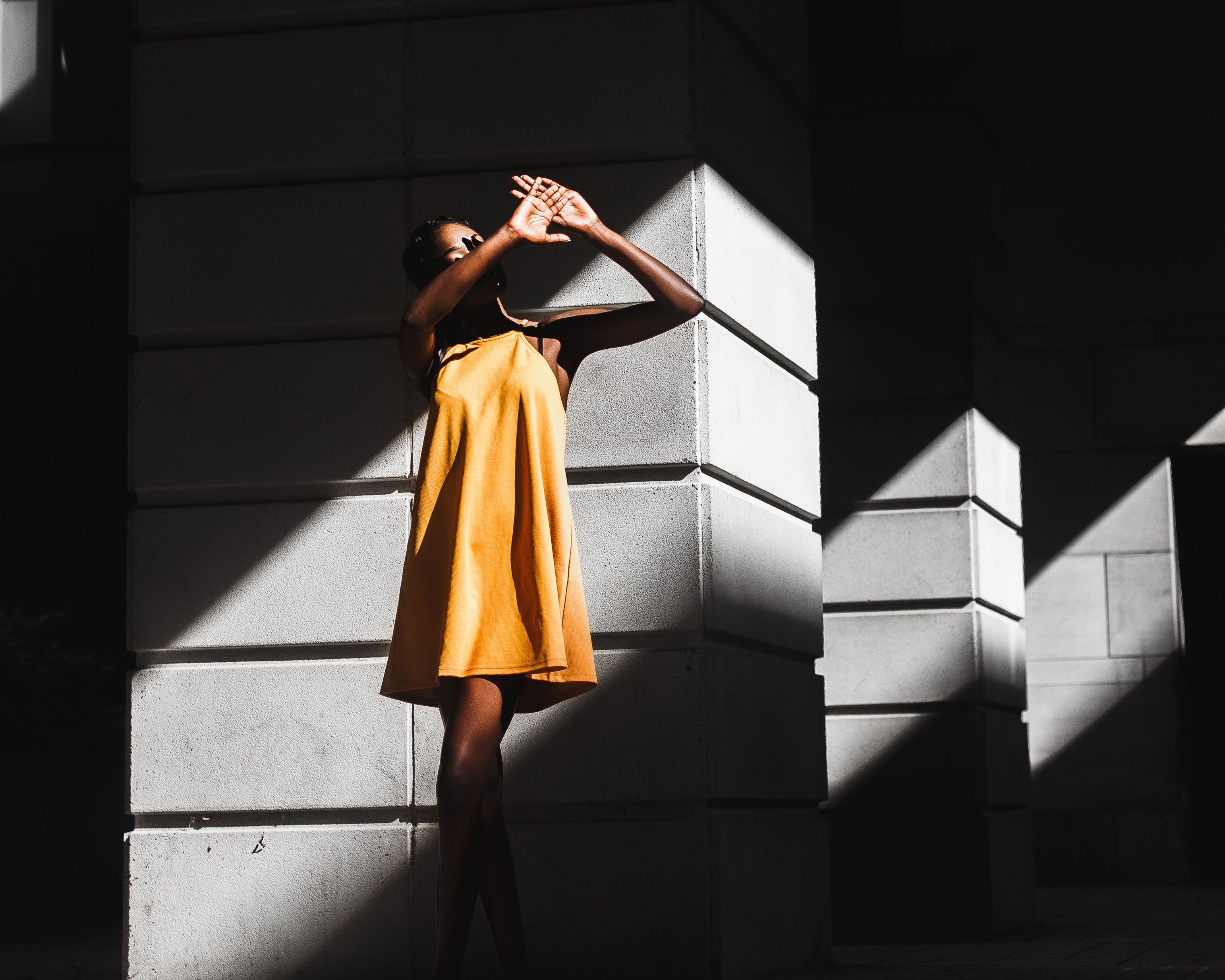
I always find myself feeling like more of an imposter than usual during Black History Month. As if I’m being watched day in and day out to see if I’m making the most of this month dedicated to an important part of my identity. I become hyper-aware and there is rarely a moment where I wonder if there is a way to turn my blackness up a notch, dial it up for the sake of showing how proud I am to be black. Of course, not only is this mentality definitely not maintainable, but it’s also the fastest way to make me feel insecure.
We’ve all been told that race “doesn’t exist” or that it’s a “social construct” but what if that’s simply code for: “this is the role you’ve been assigned to play from birth”? That would mean that it’s all a performance. The code-switching, the different attitudes, the taste in music – it all depends on who you’re presenting yourself to. But even though I feel the stares from time to time, I hear the slurs spat at me (sometimes literally so), and the prejudice is unquestionable, the experience is still surreal. I’ve recently found myself at the crossroads I always face when it comes to this conversation – am I black enough?
I presented my identity crisis (yet again) to a close friend who countered my argument quicker than I could process what I was rambling about. She looked at me knowingly and said, “Living as a black person is different than being a black person.”
She went on to explain herself further. “Living as a black person means facing the discrimination, the judgement, the prejudice, all of it. You have that part down because of the colour of your skin. But I get why being black is something you struggle with constantly. Honestly, you wake up day in and day out trying to figure out how to convince everyone around you you’re black.”
It wasn’t that my performance of my blackness was flawed, it was the fact that I was performing at all. I’m in no way required to keep up with every black artist, actor, business, scholar, and producer with a convenient footnote to explain that they, too, are black and that’s why I’m supporting them. I’ve spent so much time trying to curate this image of myself as black that I’ve been actively denying parts of myself that don’t fit perfectly into that stereotype. This black stereotype is the two-dimensional character no one finds believable because it lacks context and nuance. It is generic and simple in every way and even the most seemingly “stereotypical” people defy that standard with something that makes them unique.
My blackness is not up for public consumption. It is neither a performance nor is it a label for easily compartmentalizing my identity. It includes but is not limited to: my voice in its most unfiltered form, my interests and hobbies, the media I consume, and the literature I find most compelling. My blackness is black enough.
